Remortgage
- Access to competitive rates and some you can't get direct
- Specialist Mortgage Advisers
- Free initial consultation
Home » Remortgage

Remortgage – Frequently Asked Questions
Listen below as Chris Needham talks all about remortgaging.
In less than 15 minutes, you’ll know a lot more about getting your remortgage sorted.
What is remortgaging and how does it work?
Remortgaging is where you’ve got an existing mortgage, maybe on a fixed rate scheme, that’s coming to an end – so you need to replace it. That might be looking for a new mortgage with a different lender, or a new mortgage with the same lender. Staying with the same provider is often called a product transfer.
Our role is to compare the options. We will always compare the rates and products available with your existing lender, and advise you on which one is most suitable.
When is it a good time to remortgage?
We usually get in touch with our existing clients six months before their deal is coming to an end. That gave us enough time to understand if they’ve had any changes to their circumstances. Then we would evaluate the options available and get everything agreed, ready to switch over at the end of the existing deal.
At the moment (September 2022) rates are unfortunately moving quite quickly. So a lot of clients are contacting us long in advance of their schemes ending – even one or two years ahead. They want to see whether it’s cost-effective to buy their way out of their existing scheme by paying fees and securing a new rate now.
That’s typically because they believe that rates are going to continue to increase over the next two or three years.
Can you remortgage even if your deal isn’t ending?
Sometimes clients contact us looking to remortgage because there’s been a change of circumstances. They might be looking to borrow more or change to a different deal.
As an example, some clients were on an interest-only mortgage – so they’re just paying the interest each month but not paying off any capital to reduce the balance. We switched them to repayment so they can now get the balance down each month.
Often clients want to borrow more to put an extension on their property or do some home improvements. They come to us because they want to borrow additional funds from their existing lender. Another situation is where a client has got some debts – loans or credit card debt perhaps – and they want to consolidate that debt onto their mortgage. There are a number of reasons that clients get in touch about remortgages.
When is remortgaging not a good idea?
We’re in strange times at the moment with interest rates increasing quite rapidly. A lot of clients are currently on a really good rate and if they leave that fixed rate deal, not only would they have a more expensive mortgage, but they might have early repayment charges to pay.
In some cases those early repayment charges can be quite hefty amounts. So if someone is looking to move to a different lender, we have to evaluate whether it’s really worth it, looking at all of the charges.
In some instances a client might be looking to move to a different lender, but they were employed when they took their last mortgage out and they’ve recently become self-employed. If they haven’t yet got the right number of years of accounts or tax returns, it’s quite difficult to move them to a different lender. Most lenders want three years of self-employment history before they will accept you.
So if you’ve had a change in circumstances: moving from employed to self-employed or recent credit issues, that can make remortgaging a lot more difficult. It could be easier to stay with your existing lender, especially if you’ve had a good track record of making the payments, rather than moving to a new lender that doesn’t know much about you.
Speak To an Expert
What happens if I don’t remortgage after my deal expires?
Many of our clients are on fixed rate deals that are set to come to an end. If you don’t remortgage, you will land on the lender’s Standard Variable Rate, which is often much higher than the fixed rate.
And because it’s a variable rate, the lender can change it at any time, whenever they want. So it’s important to contact us six months before your current scheme ends so that we can get something in place so that you don’t spend any time on that standard variable rate.
What remortgage options are available?
When you come to us with a deal ending we’ll go through all of the options. Perhaps you have a little bit of spare money and want to reduce the mortgage term. You might have 23 years left on the current mortgage, but when we go through the budget planning exercise you realise you can afford a little bit more. We might reduce the term of the mortgage to 20 years – getting the mortgage paid off quicker and also reducing the interest.
As we mentioned before, you can also remortgage to raise some extra funds. You might extend the property or make some changes to it. Remortgaging is all about understanding the needs and circumstances of the client so that we can talk through all of those options.
How do I improve my chances of getting a good remortgage?
Preparation is key. Get in touch with a broker well before your scheme ends, especially at the moment because of the interest rate rises. We are seeing increases to mortgage payments, so it’s a good idea to prepare for that. Make sure that you’ve got all your documents. Check you’ve looked after your credit cards and current account and made all the payments on your existing mortgage so that your credit score is as high as possible. That should give you access to most of the lenders from across the market.
What fees are associated with remortgaging?
If you’re moving from lender A to lender B, lender B will want to do a valuation of your property to make sure it’s worth its price.
At the moment all residential lenders are offering a free valuation as part of an incentive package for you to join them. It’s the same with legal services. So when you’re looking to remortgage the only fee might be a product fee.
Some lenders will offer two different rates. One will be a much more attractive rate but there is a product fee upfront, the other will be a higher rate with no fee. Again, it’s our role to compare the options to find you the most cost-effective scheme. Generally, remortgaging is quite a pain free and low cost exercise.
Anything else to add on remortgaging?
Do prepare in plenty of time before your current scheme comes to an end. At the moment, the market is moving so fast, so we need to make sure that we’ve got all of the information from you and all the documents ready to go. That way, if we identify a scheme to proceed with, we can secure it straight away. Lenders are pulling schemes at quite short notice right now, so it’s all about preparation.
Think carefully before securing other debts against your home. Your home may be repossessed if you do not keep up repayments on your mortgage.

